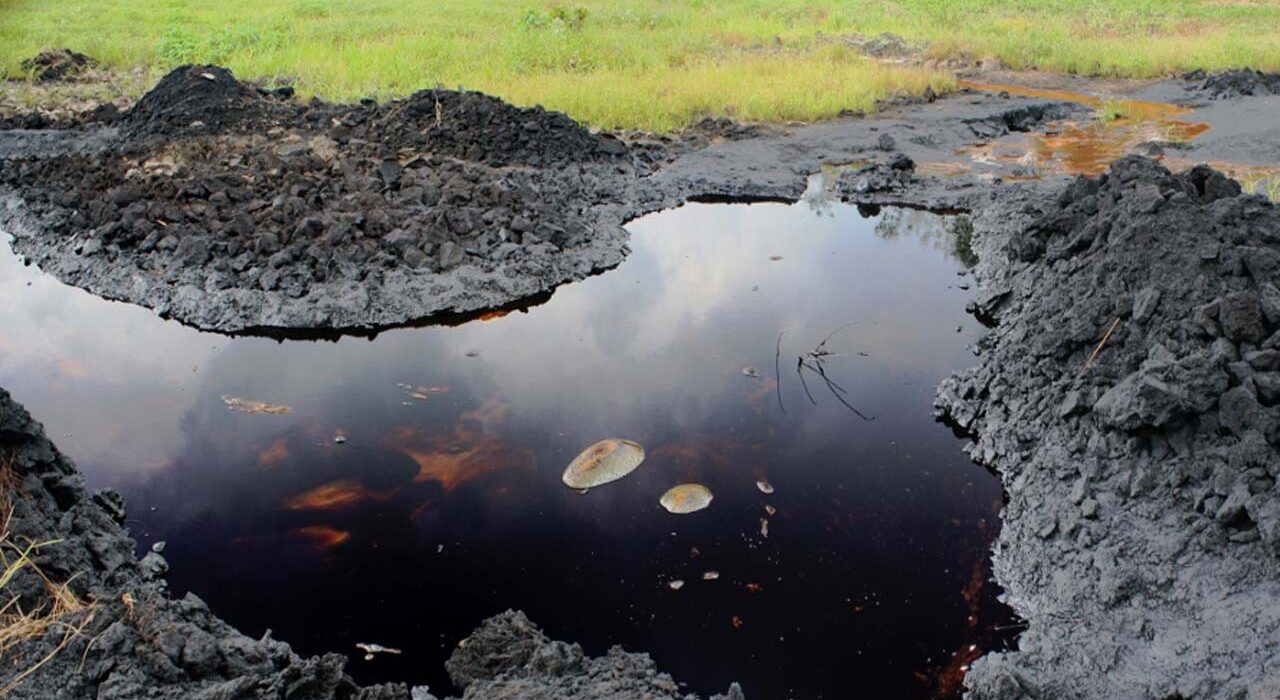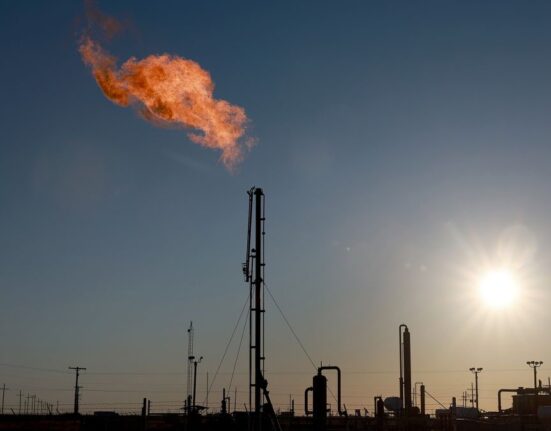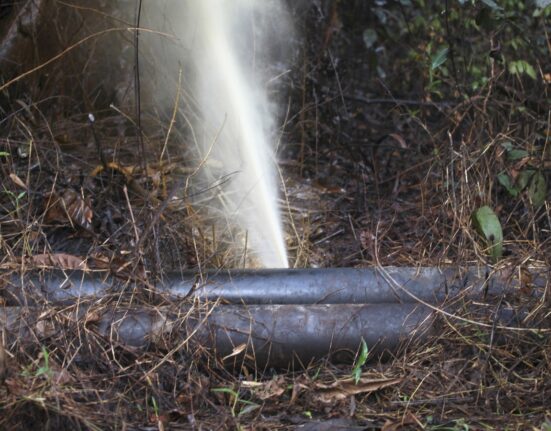Opinion – Nigeria’s crude oil was reportedly first discovered in Oloibiri in the Niger Delta region of the country in 1956. This commercial discovery of oil in Nigeria brought to an end over fifty (50) years of failed oil exploration and ushered Nigeria into the comity of oil producing nations and with the successful discovery and appraisal of the oil fields in Oloibiri, four oil wells were drilled between the 17th of June 1958 and 27th of November 1958 respectively, thereby placing Oloibiri in history as with being the first commercial oil and gas discovery location in the country.
According to the Organization of Petroleum Exporting countries (OPEC), Nigeria is said to have the world’s tenth largest crude oil reserves and the world’s fourteenth-largest producer of crude oil with a recorded barrel per day production capacity of 1.54m (bbl/day).
This discovery of oil in Nigeria led a breakthrough into more discoveries across that region — the Niger Delta Region; in what turned out to be a curse on the country, one would have righty thought that the nation was already on the path to becoming the envy of her sister Countries across Africa or that an entire World was on its way to converging in Nigeria.
Following the independence of Nigeria from Britain in October 1st, 1960 came the first Nigeria civil war between 1967 to 1970 and followed by an oil price boom in 1971 shortly after the civil war of which the country instantly reaped from the gains of the boom in the prices of crude.
One could have rightly thought that the government at the time would have focused its energy on re-building a nation that was almost plagued and destroyed by civil war. Sadly, that government at that time was confused, lost and knew not what to do with the kind of monies the country was making in oil revenues— little wonder the Head of State, General Yakubu Gowon cluelessly declared in 1973 that money was not the problem of the country but how to spend it.
As reckless, careless and irresponsible that statement sounded and still sounds, it may have opened up vista opportunities for sleeping corruption to erupt in a nation that was in dire need of development thereby subjecting the people into abject poverty even unto this day.
The said 1970 oil boom started Nigeria with a production rate of over 1m bbl/day from a paltry 17,000 bbl/day as at 1960; and with its becoming a member of the Organization of Petroleum Exporting Countries in 1971 came the entrant of the most major and independent oil producing, exploration and exploitation companies into the Country.
One would rightly have said that more companies meant more production and more production would mean more exportation; and more exportation ought to have meant more monies and more more monies, more development (human, social, political, capital, structural and institutional). This was however far from becoming a reality owing to what I would describe as acts of ‘fantastical corruption’ and incessant exploitations of not just the resources but the people and their very essence for living.
With the sudden disappearance and unaccounted depletion of over 70% of the nation’s oil revenue which started at the time of the oil price boom, it was estimated and still estimated by the National Bureau of Statistics an average Nigeria citizen— more than 82 million Nigerians lived on less than one (1) dollar a day— a happy and peaceful nation that was once known to be a net exporter of agricultural produce and other cash crops.
This trend of oil theft, environmental degradation, marginalization of indigenous people of the oil producing states never stopped from when it started and eventually gave rise to numerous public outcries, high unemployment rate, political unrest, bunkering, insurgencies, militancy, killings, maiming and kidnapping of mostly foreign oil workers operating in the region.
Armed robberies, other nefarious activities and street crimes became the order of the day.
The corrupt and sharp practises in the area due to oil exploitation went beyond the government and passed onto the traditional institutions, which instead of speaking up against the suffering and marginalization of the people preferred gracing their own pockets from the largesse they always received from the government and the operating oil companies. The operating companies not left out in this free for all corrupt practises in their operating regions capitalized on the naivety of the people and a corrupt government to wreck even more havoc in the region with incessant oil spillages, environmental degradation and abandonment— that a people who were once predominantly fishermen all of a sudden started losing access to their once source of livelihood.
You may also read Why is the Price of Cooking Gas in Nigeria Rising?
How else or better could this cruelty have been explained to the ordinary man, that one could take from a people their rights to life and their mainstay source of living all in the name of oil exploration and exploitation.
As sad as this may sound, it is even more sad to state that the suffering, exploitation and marginalization of the people from the Niger Delta region by both the government and the MNOCs is still far from being alleviated and resolved as there is still yet on ground a sustained system for development in the area.
Hence it is safe to say that an overly 60years of oil drilling exploitation activities in the Niger Delta region of the country is nothing but a ‘curse’ to the nation and her people.








Leave feedback about this